Irregular index of mountain step-terrace frame structure
DOI: 10.23977/jceup.2024.060315 | Downloads: 22 | Views: 949
Author(s)
Ying Li 1, Min Zhang 1
Affiliation(s)
1 Department of Urban Construction, Yangtze University, Jingzhou, Hubei, China
Corresponding Author
Ying LiABSTRACT
In order to study the influence of the irregularity of the step-terrace structure on the seismic performance of the structure, according to the difference between the internal force distribution of the step-terrace structure and the regular structure, this paper puts forward a new irregular index according to the difference between the lateral stiffness distribution of the step-terrace structure and the regular structure through the internal force analysis of the step-terrace structure. The nonlinear analysis of 12 step-terrace structures under rare earthquakes is carried out, and the relationship between the maximum inter-story displacement angle and the irregular index under rare earthquakes is analyzed. The results show that the irregularity of the structure increases with the increase of the number of spans and layers of the structure, and the influence of the number of spans on the irregularity of the structure is greater than that of the number of layers. With the increase of the irregular index of the structure, the seismic performance of the structure is worse.
KEYWORDS
Step-terrace frame structure, Lateral stiffness, Irregular indicatorsCITE THIS PAPER
Ying Li, Min Zhang, Irregular index of mountain step-terrace frame structure. Journal of Civil Engineering and Urban Planning (2024) Vol. 6: 122-132. DOI: http://dx.doi.org/10.23977/jceup.2024.060315.
REFERENCES
[1] Announcement of National Bureau of Statistics of the People 's Republic of China [J]. China Statistics, 2018, (3): 21.
[2] Ministry of Construction of the People 's Republic of China. Mountain building structure design standard JGJ/T472-2020 [S]. Beijing: China Architecture Media Publishing.
[3] T. L. Karavasilis, N. Bazeos, D. E. Beskos. Seismic response of plane steel MRF with setbacks: Estimation of inelastic deformation demands[J]. Journal of Constructional Steel Research, 2008, 64 (64): 644-654.
[4] Pradip Sarkar,A. Meher Prasad, Devdas Menon. Vertical geometric irregularity in stepped building frames[J]. Engineering Structures, 2010, 32: 2175-2182.
[5] Xiao-Huang-Can He, Xian-Xun Yuan, Wei-Jian Yi. Irregularity index for quick identification of worst column removal scenarios of RC frame structures[J]. Engineering Structures, 2019, 178 (178): 191-205.
[6] S. Varadharajan, V. K. Sehgal, Babita Saini. Determination of inelastic seismic demands of RC moment resisting setback frames[J]. Archives of Civil and Mechanical Engineering, 2013, 13 (13): 370-393.
[7] Wang Liping. Ground motion input and lateral stiffness control method for mountain building structure design [D]. Chongqing University, 2010
[8] Xu Jun. Research on seismic failure mechanism of step-terrace reinforced concrete frame structure [D]. Chongqing University, 2019
[9] Liu Liu. Research on seismic collapse risk assessment and control method of step-terrace RC frame structure [D]. Chongqing University, 2021
[10] Mitesh Surana, Abdelghani Meslem, Dominik H. Lang. Analytical evaluation of damage probability matrices for hill-side RC buildings using different seismic intensity measures[J]. Engineering Structures, 2020, 207 (207): 110254.
[11] Li Yingmin, Tang Yangyang, Jiang Baolong, et al. Shaking table test of RC frame structure with step-terrace in mountain area [J]. Journal of Building Structures, 2020, 41 (8): 68-78.
[12] XU Gang, LI Aiqun, CHEN Sufang. Earthquake vulnerability analysis of mountain step-terrace frame structure [J]. Journal of Disaster Prevention and Mitigation Engineering, 2017.
[13] Meng Huanling, Liu Yang, Shen Pusheng. Comparison of three lateral displacement methods for hand-calculated frame structures [J]. Journal of Railway Science and Engineering, 2006, (3): 61-64.
[14] GB 50011-2010. Code for seismic design of buildings [S]. Beijing: China Construction Industry Press, 2010.
| Downloads: | 11877 |
|---|---|
| Visits: | 407613 |
Sponsors, Associates, and Links
-
Journal of Sustainable Development and Green Buildings
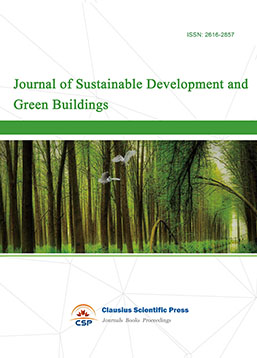
-
Landscape and Urban Horticulture
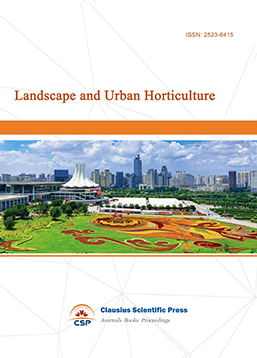
-
Bridge and Structural Engineering
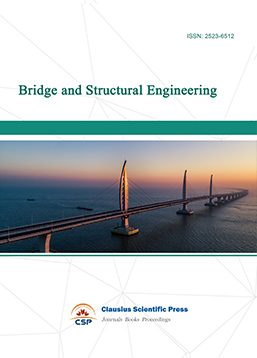
-
Soil Mechanics and Geotechnical Engineering
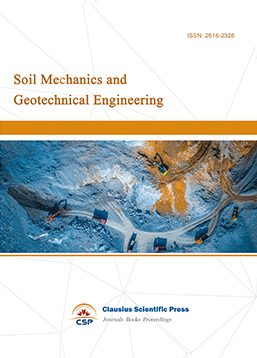
-
Journal of Municipal Engineering
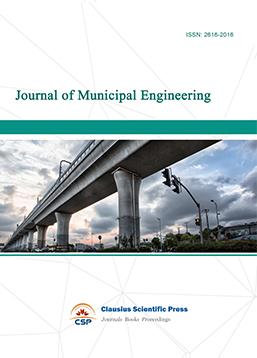
-
Heating, Ventilation and Air Conditioning
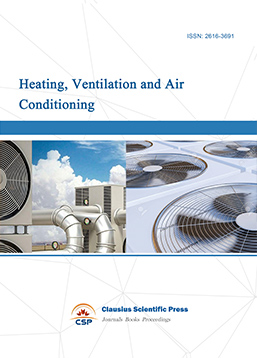
-
Indoor Air Quality and Climate
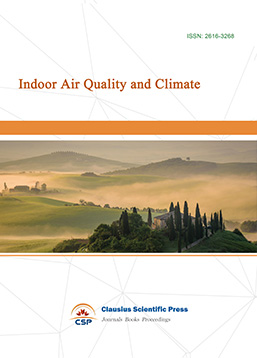
-
Computer Aided Architecture Design
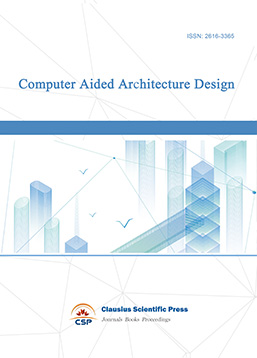

 Download as PDF
Download as PDF